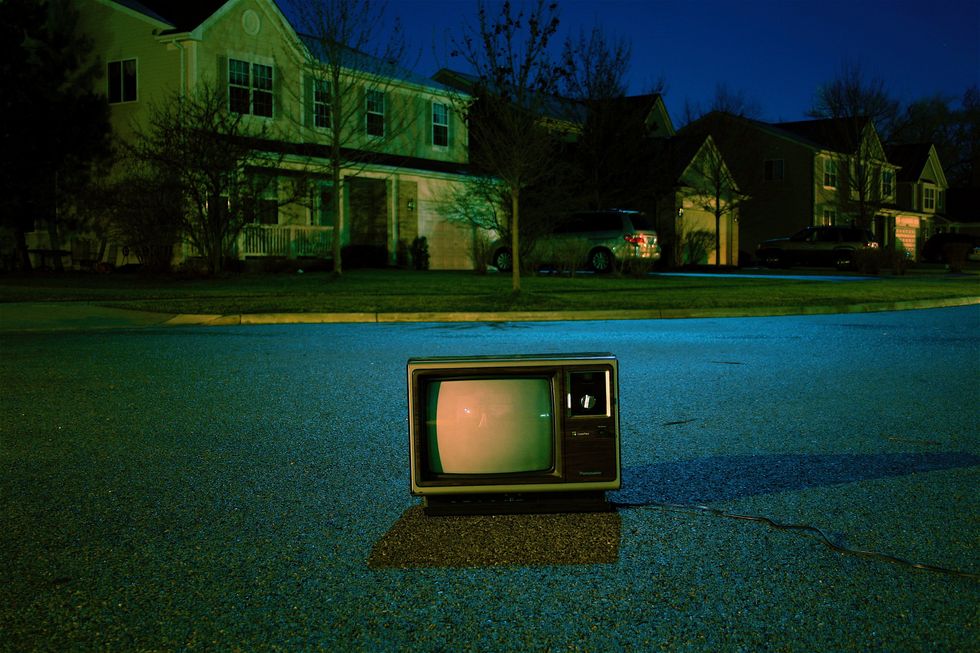Everyday, the world of technology proves that what you say or do can come back to haunt you. Within a few hours, you can go from ordinary to the most hated person in the country. After a while of these incidents going viral, and not in a good way, you'd presume that people would be more cautious of how they conduct themselves. But year after year, more people are exposed of being racist, prejudice, misogynist, or homophobes. Any person in the world, especially Americans, should view that as horrifying. If it wasn't for social media, victims of discrimination would not have the proof to seek justice and prevent it from happening to others.
The months of May and June, for example, gave us no less than five apologies, from Roseanne Barr regretting her racist tweet about former Obama White house advisor to a murderous street gang in the Bronx that regretted their mistake in savagely killing 15-year-old Lesandro (Junior) Guzman-Feliz.
The truth is sometimes people make mistakes and it's okay to say sorry, but when there's footage or proof of you discriminating or conducting yourself in an awful way, it's a true reflection of the person you are. An apology isn't going to change that and it certainly won't alleviate the pain and torment it has caused to others. A simple apology posted on Instagram, Twitter, or through a representative will never be enough. The strange thing is that while these offenders say sorry to everyone through states of justification and excuses, the public's acceptance varies.
You can only forgive someone's wrongdoing when you're not at the end of it. It's like arresting a robber, but allowing him to keep all the money he stole. Justice can not be served for the forgiven. An apology doesn't warrant you to peer through a lense of sympathy because often times the person is never truly sorry for what they did. They're just sorry they got caught. An apology given right after an incident shows it isn't sincere especially when it's a terrible occasion. It's not implying their behavior is going to change and it's not proving any regret of what happened.
Apologizing is manipulating one's pain and grief. To make them question the anger they feel when it is entirely justified. How can you suddenly brush over it when the effects still weigh heavily on your mind. You can only be sorry when you've shown it through your actions. No matter what it may be, after you show people that you are a changed person is when you can apologize and fully understand the harshness of your actions. Too many people let this go over there heads.
The worst thing to do is go back on what you did and interrupt it differently than what occurred. Raw proof or footage isn't tampered with so there's no sense in lying. The more you try to excuse and half-apologize only makes matters worse. This week, Alison Ettel received backlash for attempting to call the police on an 8-year-old black girl for selling water. The act was captured on footage and only took a few hours to go viral. In the coming days, she tried to apologize, but instead blamed her actions on the loudness of the girl and the mother.
That's not an apology. Taking responsibility even if you purposefully did something terrible is what shows a person's true guilt. Today in social media people don't realize that. People say sorry and the entire world forgets about it and it's wrong. It let's people know they can do anything and their behavior will accepted after a post on their page. It's time that the world holds people accountable and start putting meaning into what it actual means to apologize.

















